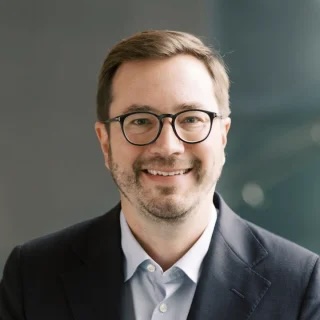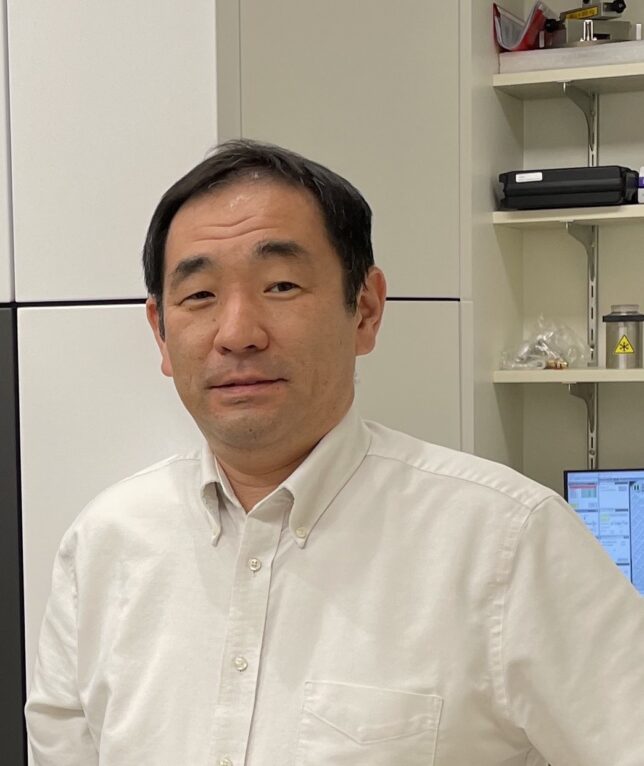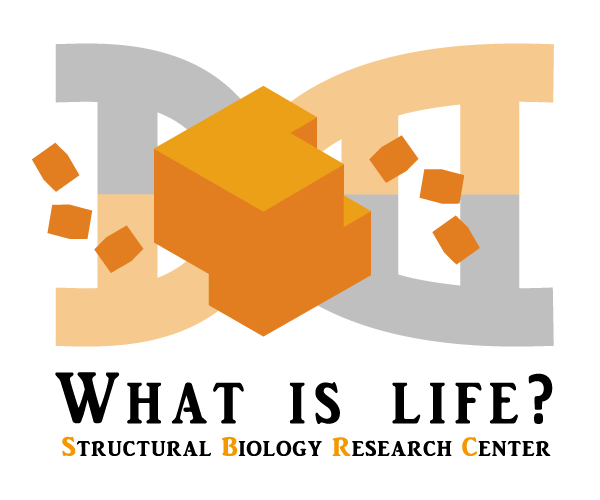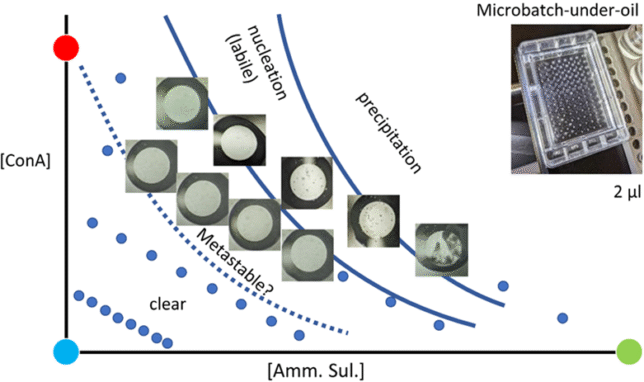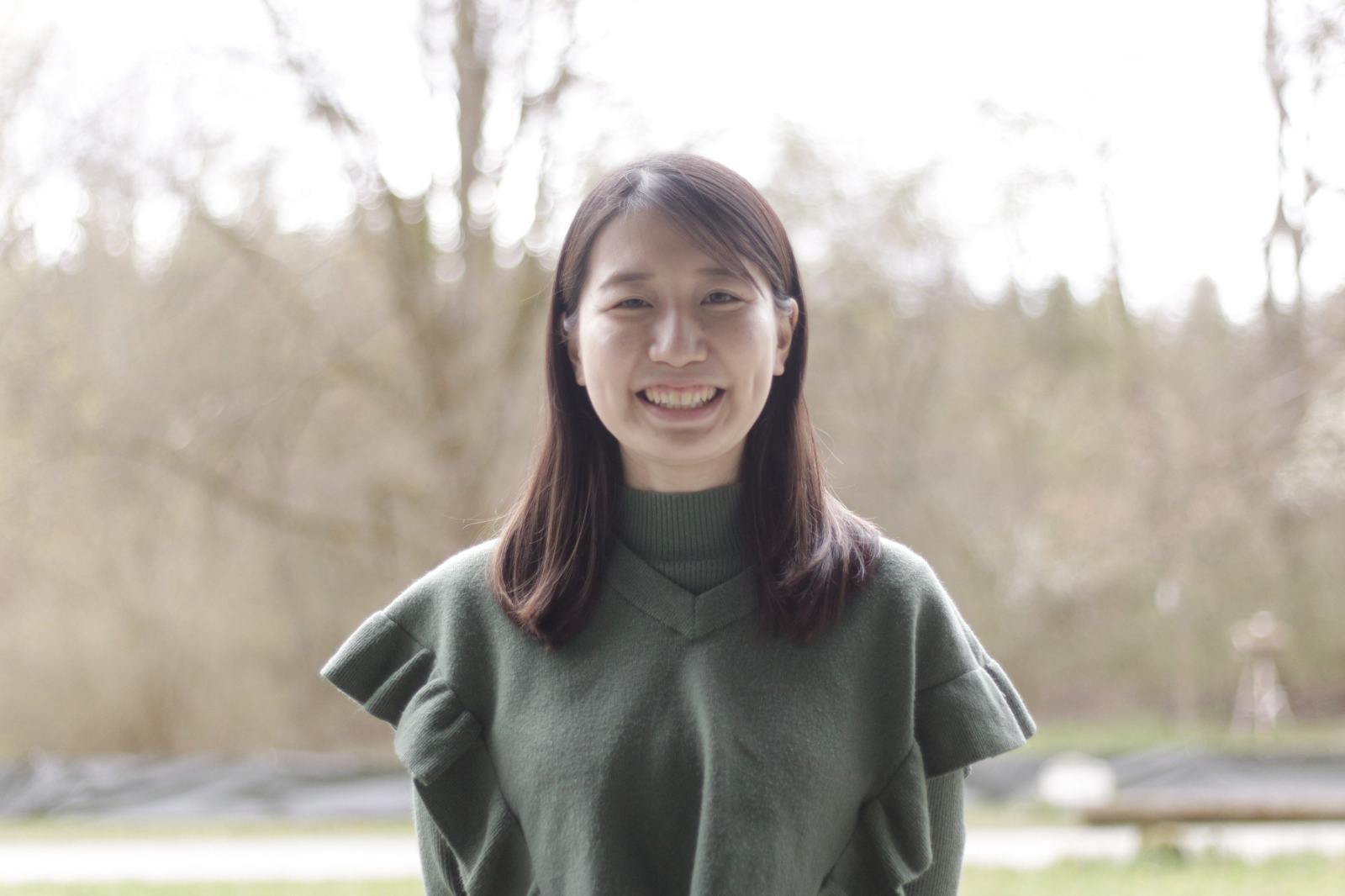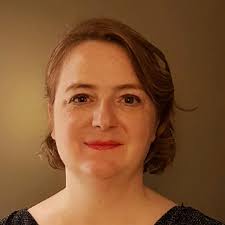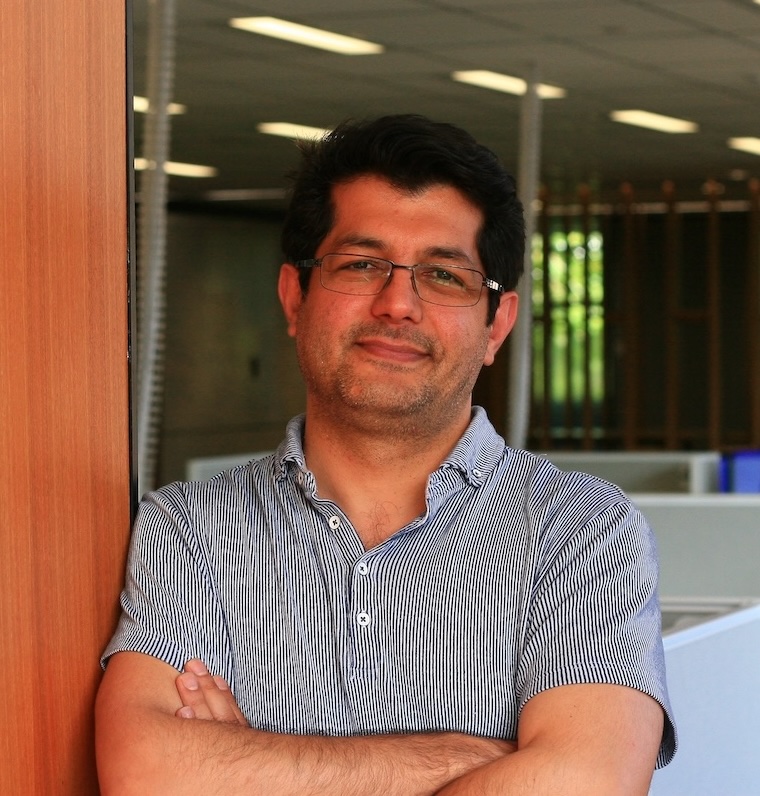構造解析ソフトウェアRELION (Sjors Scheres, MRC-LMB)を中心としたデータ解析講習会をオンライン開催いたします。
クライオ電子顕微鏡によるタンパク質の単粒子解析に興味をお持ちの方、実際にご自身では解析されたことがない初心者の方を対象にしています。
講習会では、RELIONのチュートリアルに沿って解説および座学を実施する予定です。開催者側でオンライン利用できる解析環境を用意いたします。参加者の方には実際に手を動かして、解析の流れを経験していただきます。
【開催日時】
1日目:2026年2月19日(木)10:00 〜 17:45 終了予定
※1日目18:00 〜 19:00 オンライン懇親会
2日目:2026年2月20日(金)10:00 〜 17:45 終了予定
【会場】
オンライン開催(Zoom)
講習会にアクセスするためのZoom URLは、参加登録時にお申込みいただきましたメールアドレスにお送りいたします。開催日が近づきましたら改めて個別にご案内をさせていただきます。
【言語】
日本語
【応募〆切 2026年2月6日(金)15:00】
申し込みは締め切りました
聴講をご希望の方は、下記事務局(cmasuda[at]post.kek.jp)までご連絡ください。
【募集対象と人数】
本講習会は、クライオ電子顕微鏡解析のご経験がないか、ほとんど無い方を対象としています。なお、学生の方は指導教員に了解を得ていただきますようお願いします。
定員:20名 (解析計算実行環境のリソースに限りがあるため、人数の制限をさせていただいています。予め、 ご了承ください。)
【参加条件】
今回の講習会は、クラウドコンピューター(AWS)上にRelionによる解析環境を開催者側で用意し、そこに参加者の皆様のパソコンからインターネットを通じてアクセスし、解析していただくことになります。従って、高性能のCPUやGPUを掲載したノートパソコンをご使用になる必要はございません。通常、ラボでデータ取りまとめ用などで使われているものでも、十分お使いいただけるものと考えています。Windows、Mac、どちらでも構いません。
民間企業の方のご出席につきましては、KEKのCryoEMコンソーシアム参加企業の方に限定させて頂いております。コンソーシアムへの入会は随時受付けておりますので、ご入会方法の詳細などについては下記の事務局連絡先までお気軽にお問い合わせください。
【参加費】
参加費:無料、その他の補助はありません。
【講師一覧】
木原大亮:パデュー大学
重松秀樹:高輝度光科学研究センター
Raymond Burton-Smith:生理学研究所
荒牧慎二:Tietz Video & Image Processing Systems GmbH
川崎政人:KEK・物質構造科学研究所・構造生物学研究センター
守屋俊夫:KEK・物質構造科学研究所・構造生物学研究センター
中村 司:KEK・物質構造科学研究所・構造生物学研究センター
藤井裕己:KEK・物質構造科学研究所・構造生物学研究センター
【関連事業】
創薬等先端支援技術基盤プラットフォーム(BINDS)
【主催】
KEK・物質構造科学研究所・構造生物学研究センター
クライオ電顕ネットワーク
【プログラム】
プログラムの詳細は後日公開いたします。
前回のプログラムはこちら
*プログラムの変更があった場合は、随時更新します*
2026年2月19日(木)
10:00–10:10 はじめに
10:10–10:40 座学 RELION 5.0.1 データ解析(概要)
〜2次元電顕像から初期3次元構造再構築まで〜
10:40–11:00 講演:AWSデータ解析環境の概要紹介と使い方 中村司(KEK)
11:00–11:20 実習:システムへのログイン、Relion起動
11:20–11:40 実習:プロジェクト作成、ドリフト補正処理開始
11:40–12:00 実習:ドリフト補正結果検証、CTF推定処理開始・結果検証
12:00–13:00 昼食
13:00–13:30 実習:手動粒子ピッキング
13:30–14:10 実習:自動粒子ピッカー訓練処理開始
14:10–14:40 座学:二次元クラス平均化までの基礎理論
14:40–14:55 実習:自動粒子ピッキング処理継続・結果検証
14:55–15:10 実習:二次元クラス平均化処理開始
15:10–15:40 休憩
15:40–16:10 実習:二次元クラス平均化結果検証、クラス選別、粒子抽出
16:10–16:30 講演:KEKクライオ電顕施設の紹介と利用方法 川崎政人(KEK)/藤井裕己(KEK)
16:30–16:45 実習:初期三次元構造再構築処理開始
16:45–17:30 講演:招待講演 重松秀樹(理研)
17:30–17:45 実習:初期三次元構造再構築結果と掌性(handedness)検証
18:00–19:00 懇親会(オンライン)
2026年2月20日(金)
10:00–10:10 座学 RELION 5.0.1 データ解析(概要)
〜電顕像の問題点と3次元分類・精密化〜 守屋俊夫(KEK)
10:10–10:30 実習:三次元クラス分類処理開始
10:30–11:00 講演:招待講演 木原大亮(パデュー大学)
11:00–11:40 実習:三次元クラス分類結果検証、クラス選別、粒子抽出
11:40–12:00 実習:三次元精密化処理開始
12:00–13:00 昼食
13:00–13:30 実習:三次元精密化結果検証
13:30–14:00 実習:マスク作成と後処理開始・結果検証
14:00–14:30 実習:CTF精密化処理・三次元精密化処理
14:30–15:00 写真撮影・休憩
15:00–15:20 実習:三次元精密化結果検証・ベイズポリッシュ処理
15:20–15:50 講演:忘れかけられているクライオ電子顕微鏡単粒子解析の知恵 守屋俊夫(KEK)
15:50–16:00 実習:三次元精密化処理結果検証
16:00–16:15 実習:局所分解能推定処理開始・結果検証
16:15–16:55 座学:三次元処理の基礎理論
16:55–17:25 講演:招待講演 Ray Burton-Smith(NIPS)
17:25–17:30 終わりに 千田俊哉(KEK)
17:30–18:00 質疑応答(オンライン)
【 問い合わせ】
オーガナイザー
KEK・物質構造科学研究所・構造生物学研究センター
藤井裕己
E-mail: yufujii[at]post.kek.jp
事務局
KEK・物質構造科学研究所・構造生物学研究センター
増田千穂
電話:029-879-6176
E-mail: cmasuda[at]post.kek.jp
